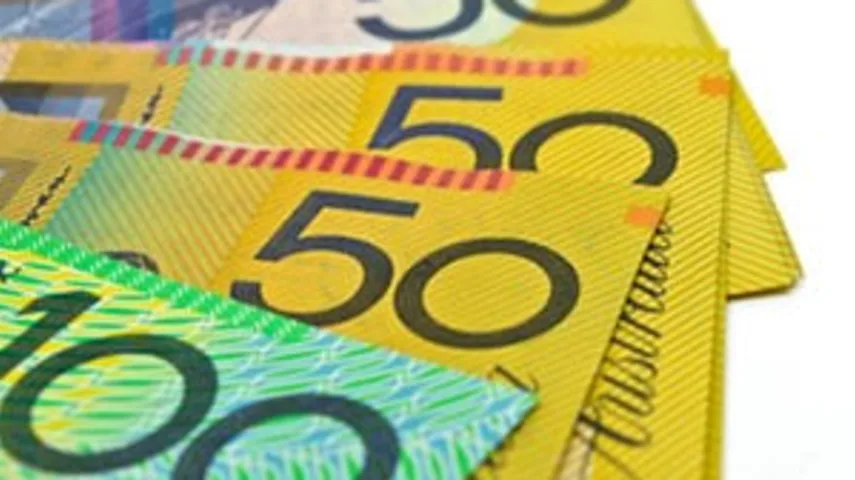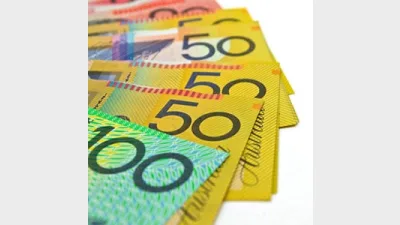What makes Australians wealthy?



The wealthiest 20 per cent of Australian households have an average wealth of $2.2 million in 2011-12, according to the latest data from the Australian Bureau of Statistics (ABS).
The data, released yesterday, revealed that the average Australian household accounted for around $728,000 in wealth, but that the average wealth for households in the lowest 20 per cent was $31,000.
Importantly, however, the data also revealed that, overall, the level of wealth for Australian households had not changed since 2009-10.
The ABS analysis said wealth varied greatly across the various states and territories, with households in the ACT having the highest level of wealth at $930,000 - around 28 per cent higher than the Australian average.
It said Western Australia, NSW, Victoria and the Northern Territory all had levels of wealth close to the Australian average, while South Australia, Queensland and Tasmania had levels of wealth less than the Australian average.
The ABS said Tasmanian households had the lowest level of average wealth at around $600,000.
The analysis said owner-occupied homes were the largest asset held by Australians, and the mortgages on owner-occupied property were also the largest liability, although over two-thirds of Australian households owned their own home outright or with a mortgage.
“Households that owned their home outright (2.7 million households) had an average net worth of $1,237,000. Households with a mortgage on their home (3.1 million households) had an average net worth of $790,000, and the average net worth for households that rent their home was $160,000,” according to the ABS Living Conditions section director, Caroline Daley.
The ABS survey found that in 2011-12, superannuation was the main financial asset held by households, with 80 per cent of all households having some superannuation assets. The average value of superannuation for Australian households was $132,000.
Recommended for you
A new funds distribution business has launched in Australia, seeking to bring institutional offerings to the wholesale market and led by co-founder of Jamieson Coote Bonds.
Higher interest rates could be on the cards for 2026 after monthly CPI inflation for October showed an increase of 3.8 per cent.
Global actively managed ETF assets hit a record high in October, according to independent research and consultancy firm ETFGI, breaking the record set the previous month.
Federation Asset Management has appointed an investment director and head of responsible investments to support ESG integration strategy across the firm.










